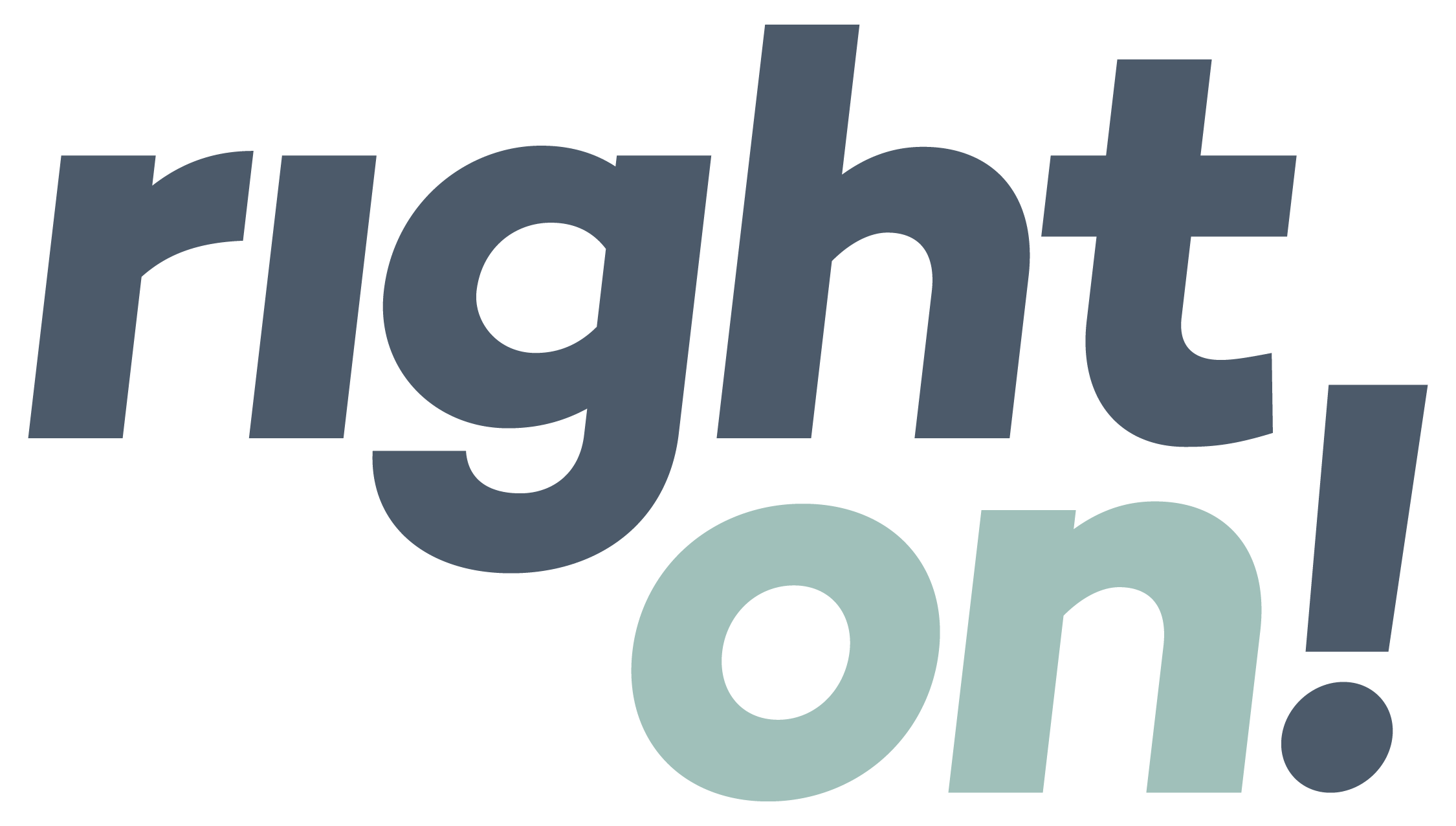
Whose voice is it, anyway?
It’s nice to hear clients say, “I love your voice.” And of course, organizations seek out writers who can speak their unique language with pitch-perfect tonality, so that words on a page actually become the soul of a brand.
But here’s a confession: It’s not my voice that clients love, or my partner’s voice, or the voice of any of the writers who work with us. It’s the organization’s own unique brand voice, reflected back to them. And that’s why they love it so much.
Good copywriters are chameleons. We can change the color of our language to match the hue of any organization, with tones ranging from wisecracking and irreverent to confident and mature. And we can do it so seamlessly that sometimes, when we’re really on, clients will think they’ve found the one writer whose style perfectly matches their organization, not realizing that the voice they adore can be changed with the tap of a keyboard.
So are we language hussies, ready to go with anyone, at any time, just because they ask us to? Pretty much, yes. It’s part of the joy of writing. But we like to market it as versatility. Take a look at these examples from past writing gigs, some prior to the founding of Right On, and you’ll see what I’m talking about:
Exhibit design agency JDH Group has a voice that’s fun, and never takes itself too seriously:
“Don’t you just love the thrill of managing multiple vendors? The rush of filling out piles of paperwork before the FedEx deadline? The cherished moments spent unpacking and repacking boxes? Yeah, we thought so.”
MADSEN uses a voice that’s ambitious, idealistic, and filled with joie de vivre:
“Ditch your car and hop on a MADSEN. Ride the city with the commuters, the hipsters, the messengers, and the moms. Rediscover your community. Embrace your freedom. And rejoice in the power of your own two legs.”
Visa speaks with confidence and maturity; they boldly tout their unique selling points:
“When you do something 14 billion times, you get pretty good at it. Each year, Visa DPS processes more than 14 billion payment transactions, making us the world’s largest volume issue processor of Visa transactions. It’s the expertise you need to manage your program with more confidence. And ease.”
So there you have it. Three distinct organizations, brands and voices. One writer behind them all. It’s the infinite flexibility of language at work, and it’s a deliciously challenging puzzle that we writers strive to solve for each and every project we take on.
So could we take the confident Visa copy and re-write it in the irreverent JDH Style? Hell yeah, we could. But we never, ever would, okay? It’s not their voice, it’s not their personality, it’s not their brand. It just wouldn’t be right, and it certainly wouldn’t get approved. Because at the end of the day, it boils down to this: Successful copywriting is about thinking creatively, but writing responsibly. It’s about finding that just-right voice for your clients, even when it’s completely different from your own.
But maybe, just maybe, on some quiet night when no one was looking, we might give Visa that sassy JDH tone. Just for a minute. Just to hear the sound of it. Just to have a little odd, writerly fun. We’d read it aloud and smile at our cleverness. Then we’d crumple it up and throw it in the trash really, really fast.
Our Most Recent Insights.
SEE ALL INSIGHTS →
Storytelling
Just the facts?
By combining data with stories, we make meaning from information and decide what action to take next.

Strategy
How to talk climate with conservatives.
Many conservatives care deeply about the environment. They just talk about it differently.

Storytelling
Stories of hope from Climate Week.
At Climate Week NYC, people showed up with creative, courageous climate solutions.
